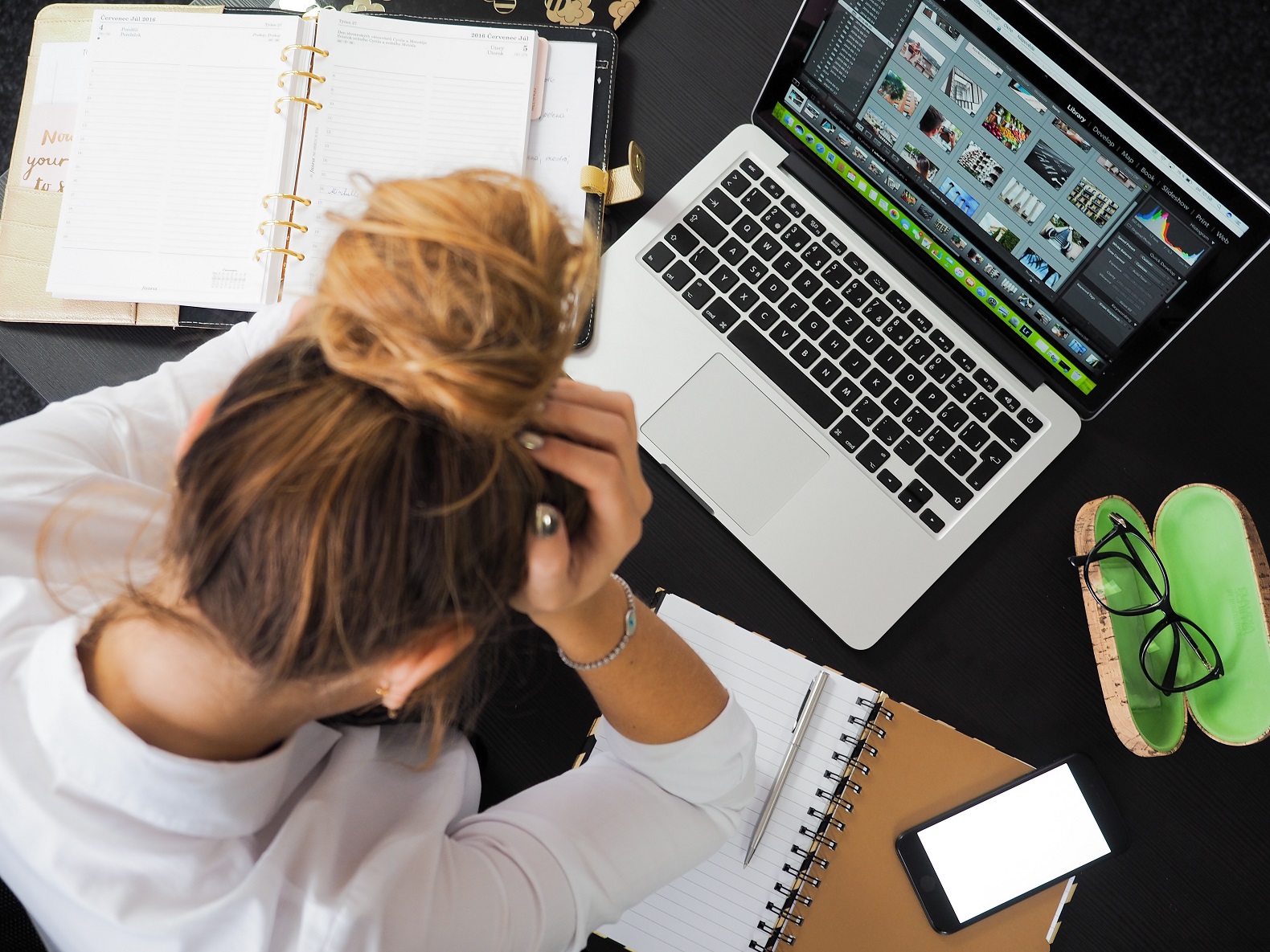students, workers & explorers going to New Zealand & travelling from New Zealand.

Answer our simple questions to get started


InsurancesafeNZ provides three different travel insurance policy categories: Studentsafe, Workersafe and Explorersafe. This means that if you’re travelling to New Zealand, travelling within New Zealand or temporarily leaving New Zealand, we have something to offer you. Use the Policy Finder to narrow your policy search and get a quote. Our website is also packed with great information on how to keep safe, how to make the most of your time abroad and how to understand your travel insurance policy better. If you need further assistance contact one of our friendly staff on our toll-free number 0800 486 004 (within NZ) or +64 9 488 1638 (outside of NZ).
Studying in New Zealand is an adventure of a lifetime, which is why a range of unexpected bumps and accidents are covered under Studentsafe policies.
But when it comes to certain medical conditions, you may not be automatically covered. That’s why it’s important to disclose any medical conditions you want cover for.
The term “Pre-existing Medical Conditions” is commonly used when applying for insurance. This refers to your medical history and the full definition can be found on
Being in good health is key to embarking on an exciting study adventure in New Zealand.
Anyone planning to study in New Zealand for more than three months is required to apply for a student visa.
When applying for a new or to renew a visa, you may need to provide New Zealand Immigration with medical information to demonstrate an acceptable level of health.
Studentsafe policies do not cover medical costs for your visa application.
Studentsafe policies are desig
Your wellbeing is important which is why Studentsafe provides cover for medical and related expenses.
But before you make an appointment for check-ups related to your health, it’s important to understand what is and isn’t covered under your policy.
Studentsafe does not provide cover for certain medical tests listed as Exclusions under Section 1: Medical and Related Expenses as set out below:
9. Health screening, medical and dentals reviews or vaccinations.
&
Staying healthy plays a vital role in making the most of your study adventure. If you have been prescribed medication and are looking to make a claim, it’s important to understand what is and isn’t covered under your policy.
Just because a certain medication has been prescribed by your doctor, it does not mean that it is automatically covered.
Studentsafe does not provide cover for certain medical tests listed as Exclusions u
Keeping mentally well is important to make the most of your study adventure.
While studying away from home is an exciting life experience, there are times you may feel overwhelmed or experience loneliness, stress, anxiety and depression.
During these challenging times, it’s important to recognise the pressures you may be under, whether it’s adjusting to a new environment or the added load of assignments and exams.
If you need professional help, you can feel assured knowi
If you’re reading this article, you’ve already made a sensible choice. If you’re in a new relationship, or thinking about starting to date, it’s important to think about how you can ensure that you and your partner stay safe when you’re having a little extra ‘fun’.
So read on to learn more about what steps you should be taking to keep safe. The consequences can range from irritating to life-threatening – and that isn’t a gamble anyone should take.
Any new culture will have customs that you will start to learn very quickly as soon as you arrive! To give you a head start on your time in New Zealand, we’ve got a few key bits of information about Kiwi culture – and a whole lot of detail about speaking like a local!
When you’re walking the streets of New Zealand – or even when you’re still at the airport and navigating escalators – it’s good to remember that we drive on the left, not the righ
Unless you’re really into skiing, winter in New Zealand isn’t really the most exciting time of year. It’s not cold enough for there to be pretty snow falling in the cities, but it’s still cold enough that you don’t want to spend time outside unless you have to. Instead of snow, we mostly get rain and wind. It’s certainly not terrible – but it does give you a good excuse to go somewhere sunny if you have the time and budge
Adjusting to a new workplace comes with challenges wherever you are in the world – and if you're in a new country as well as a new workplace, those changes can be even more extreme. New Zealand culture is quite friendly and informal, and this extends to many workplaces. But it can be difficult at times to understand where the limit is – how casual is too casual and what will make you look unprofessional? How formal is too formal and what will make you look too unapproachable?
Some of
Everyone experiences periods of stress in certain situations – perhaps exams are coming up, or you’ve spent a little more than you intended to at dinner and pay day is still a couple of days away. That’s a normal part of life, and most of the time, it goes away fairly quickly when the source of the stress comes and goes. You pass your exam, you check your bank account and ther
A healthy worker is a more productive worker. It seems like an obvious statement to make, but in today’s working world, many workers feel that they have keep pushing and pushing to get results – even at the expense of their health and wellbeing. Workplaces need to be more supportive of their staff to make sure that they feel they are able to take time to get healthy if they are unwell, or to express their concerns if they are overburdened with stress.
Ask any adult what their student years were like, and there will almost always be two things that everyone has in common – lots of fun, and hardly any money! But if you’re new to a city or even a country, it can be hard to know where to begin when it comes to finding social activities that you can do on a student budget.
To help you out, we’ve rounded up some of our top tips for free and cheap things to do in New Zealand’s main student cities and towns to get you started!
Flatting doesn’t have to be expensive. There are a number of ways you can set up a flat on a budget without losing out on quality and the occasional treat. To make sure that you get the best experience possible no matter what your income may be, we’ve brought together a few of our favourite tips and t
When you’re away from your family and community that feeling of homesickness can feel very overwhelming. Making friends and keeping busy are the easiest ways to prevent homesickness – but you need to put the effort in. If you sit at your computer looking over your soci
When you’re planning adventures overseas, there’s so much excitement that it can be easy to forget about the parts of travel that are a little less glamorous. Organising travel insurance may not be as thrilling as planning your routes and researching the major attraction
For many people, the shift from university study to the working world is one of the biggest changes they will ever experience. Life until that point is focused on formal education – sitting in class, doing homework, taking notes… and then all of a sudden, it’s time to step out into
No matter where you go in the world, someone will tell you to keep safe and often there’s a good reason for it. When travelling or moving somewhere new it can be tempting to step outside of your comfort zone and give everything a go. While this is a great attitude it’s important to explore your new surrou
Relocating to a new country for work is hugely exciting. Getting a new job and home and navigating new cultures, practices and languages is an immersive experience and can be incredibly consuming.
An “out with the old, in with the new” approach can be tempting – after all, you’re making a
In general, the younger your children are the easier it will be for them to pick u
For many of us, our pets are part of the family. For expats intending to move overseas with their pet, planning and research before the move is essential. It is crucial to ensure the welfare of your beloved pet during and after transit, and that regulation surrounding the importation and exportation of pets is complied with.
Research animal import regulations for your new country of residence, to determine what conditions must be met for your pet to be allowed en
A healthy worker is a more productive worker. It seems like an obvious statement to make, but in today’s working world, many workers feel that they have keep pushing and pushing to get results – even at the expense of their health and wellbeing. Workplaces need to be more supportive of their staff to make sure that they feel they are able to take time to get healthy if they are unwell, or to express their concerns if they are overburdened with stress.
The result will be happier people who are able to do better work… which means a better bottom line for companies too! So even if an organisation is more concerned about profits than people, treating their workers well will ultimately be the economically responsible thing to do.
If you want to get ahead at work, keeping yourself healthy is an important part of ensuring you can be productive and do the best job possible. Here are some ways to take care of yourself, and the reasons why they are important.

Office support
A lot of the research about business wellness programmes comes from the USA, where the perspective is a little bit different due to different healthcare systems. But the numbers still tell a story we can understand. A study from the University of Louisville in Kentucky found that each dollar that a company invested in a wellness programme generated $7 in saved healthcare costs. While businesses here do not have such a burden of health insurance costs as businesses in the USA do, it still shows that wellness programmes mean healthier staff. And healthier staff mean improved productivity and less likelihood that staff will have to call in sick and miss work.
So make the most of any programmes available to you at your workplace – whether it’s private health insurance, weekly yoga classes, ergonomic assessments or EAP (employee assistance programme) counselling. If you work for a smaller workplace where there aren’t built in benefits, perhaps you could suggest starting something like yoga classes. Even if staff pay for classes themselves, if the teacher comes to the office, people will feel enabled to step away from their desk and take the time to breath, relax and exercise.
Be sure to make the most of other once-off offerings from your workplace. Many businesses and virtually all public service roles will offer free flu vaccinations each winter. It’s better to have a slightly sore arm for one afternoon than risk coming down with whatever flu is going around each winter – and herd immunity is an important part of protecting people who can’t get vaccinated for whatever reason, so if you’re able to, be responsible and protect yourself and others!
Wellness with workmates beyond the office
Some organisations will have social sports teams, which can be a great way to socialise and work on your fitness all at the same time – both of which are things that will have a positive impact on your mental and physical wellbeing. By doing sports activities with workmates, you all can enjoy those same benefits – as well as having fun at the same time!
Depending on the time of the year, there will be different options available. Generally, there will be more going on in the summer, especially as people wind down the year towards the ‘silly’ season. Touch rugby leagues are especially common in summer, with indoor cricket and indoor netball competitions offering something you can do year round.
If you like the idea of participating but you haven’t played a particular sport before, don’t worry! Everyone has to learn some time, and the whole idea of these teams is that they are social and not too competitive. In some industries, there may even be an industry-paced league – for example, there’s a social soccer league in Auckland between different civil engineering companies. So it’s not only a chance to get to know your colleagues, but you can meet other people in your industry and make useful networking connections in a relaxed environment.

Acknowledging your limits
We have all had times where we feel sick, but feel as though we can probably push through and go to work. It’s just a cold. I feel better than I did yesterday. I can’t afford to miss a day, I’m so busy. You are never so busy that you can’t take a day off work if you’re really unwell – and if you are, there’s a problem with the company you work at.
If you’re unwell, you should stay home. If you have a cold or the flu or another contagious illness, you risk infecting those around you, and making more people sick. In a large enough work place, it might work its way around everyone and then come back to you again! Remember if you are on the mend and back at work but still sneezing, you should use a tissue to cover your mouth and nose, and immediately throw the tissue away. If you don’t have a tissue with you, sneeze into your upper arm or elbow, not your hands – that way, you won’t be touching door handles and keyboards with germy hands.
For times when you are sick but it’s not contagious, you need to think about yourself. Perhaps you have food poisoning – or maybe you have a chronic health condition and you’re having a difficult day. Taking time to rest will be more helpful than struggling through one day and then the next. Instead of having three days where you aren’t up to your usual ability, one day off for rest and recovery means you can be back at your usual power for the next two days, making it a sensible decision in the long run when it comes to ensuring better productivity.

Habits to make and habits to break
It’s 2018, so this isn’t news – but smoking is bad for you, and you should try to give it up. It can be hard if you are already an addicted smoker, but one element that people don’t always think about when they are trying to quit is that it’s a social activity, and you may have a habit of chatting to fellow smokers when you step out of the office.
But the health issues aren’t worth that little moment of socialising. Instead of making your moment of ‘fresh’ air and colleague chats your smoke break, why not organise a little walking group at lunchtimes or morning tea times? You can have a conversation, get to know the area around your office better, and actually get some real fresh air, rather than breathing toxic fumes while standing out in the cold. Being committed to going for a walk is definitely a habit worth making, while you’re working on breaking that other habit.
It’ll also make you more popular with your colleagues – nobody likes having to smell tobacco smoke on someone’s jacket!
Food and meal planning
Your office may provide fresh fruit for you to enjoy, which is a good start to making sure you get something healthy each day. But it’s not enough to rely on eating an apple for morning tea. Planning your meals in advance and packing your lunch is an easy way to have a nutritious meal in the middle of the day. When we work in cities with hundreds of different options for lunch, it’s all too easy to be tempted by something quick and easy – and very unhealthy.
But if you pack yourself a salad with plenty of protein to fill you up, you’ll feel a lot more productive throughout the afternoon than you would if you bought a meat pie from the dairy or a hamburger from the local fast food joint.
Eat My Lunch is an option if you’re often in a rush, or if you’d just like to not worry about preparing food one or two days a week. This scheme is a social enterprise designed to provide workers with delicious, nutritious lunches while also providing lunches to Kiwi young people who would otherwise go without a midday meal. It’s a subscription model, so you can sign up for a specific day or days each week.

There’s something different each time – one day you might have a hearty roast beef and salad roll, a mini bran muffin, a mandarin and some rice crackers with hummus. The next week it might be a container of orzo pasta packed with vegetables, a ginger biscuit, an apple and some nuts. There’s always a few different components to keep things interesting, and it’s always tasty!
For each lunch that a subscriber purchases, Eat My Lunch gives a lunch to an underprivileged student. The system is currently available in Auckland, Hamilton and Wellington. Keep an eye out at the reception desk at your office around the late morning to see if anyone in the office is already part of the programme – you can make some quick friends if you organise to be part of the same delivery!